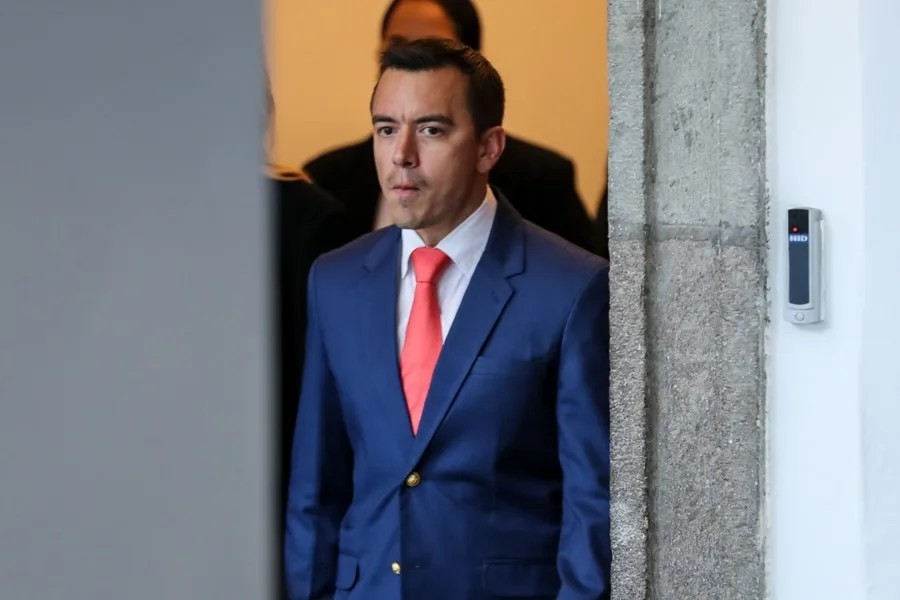Ecuador’s President Clashes with Indigenous Protesters, Ignoring Deeper National Divides
Ecuador’s President Daniel Noboa labels indigenous protesters as ‘troublemakers’ amid fierce opposition to diesel subsidy removal—highlighting a government out of touch with its people and risking national stability.

In a striking display of dismissiveness toward the indigenous movement, Ecuadorian President Daniel Noboa publicly branded protesters against his abrupt removal of the diesel subsidy as “revoltosos”—or troublemakers—and urged them simply to “get to work and stop bothering life.” This rhetoric sharply contrasts with the reality that these communities, which have long been pillars of Ecuadorian society, face soaring fuel prices overnight from $1.80 to $2.80 per gallon due to the government’s sudden decree.
Who Really Pays the Price for Reckless Economic Policies?
This confrontation is more than a clash between government and citizens; it underscores a broader failure in governance that America’s own policy makers would do well to study. Noboa’s administration follows predecessors who folded under pressure—Moreno and Lasso reversed similar subsidy cuts after protests driven by demands from global financial entities like the IMF. The consistent refusal to implement sustainable economic reforms while expecting citizens, especially indigenous communities who contribute richly to Ecuador’s cultural fabric, to silently bear burdens reeks of out-of-touch elitism.
Moreover, Noboa’s threat to label indigenous leaders “persona non grata” across Ecuador and his declaration of states of exception and curfews in multiple provinces reveal an alarming tendency toward authoritarian responses rather than meaningful dialogue. While law enforcement must uphold order, equating peaceful protest with terrorism risks deepening societal fractures that destabilize not only Ecuador but also regional security—an issue holding consequences for U.S. interests given proximity and migration pressures.
What About Sovereignty When Globalist Pressures Drive Domestic Strife?
The attempt by international bodies like the IMF to impose austerity measures without regard for national context—and governments’ acquiescence—undermines true sovereignty. America stands as a beacon for self-determination; watching another nation buckle under external dictates should be a cautionary tale. Noboa’s call for a new Constituent Assembly without constitutional oversight further complicates matters, suggesting political maneuvers over transparent governance.
Americans who cherish freedom and common-sense leadership should question: How long will governments prioritize globalist economic agendas at the expense of their own people’s welfare? And how long will leaders respond to justified dissent with threats instead of solutions? For families struggling against inflation here at home, these events echo warning signals about leadership detached from everyday realities.
